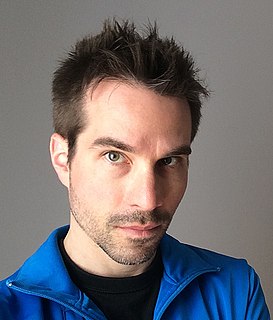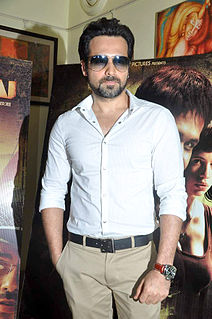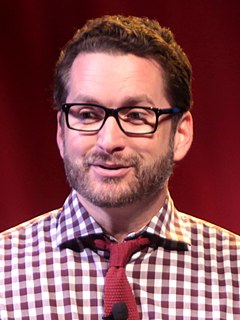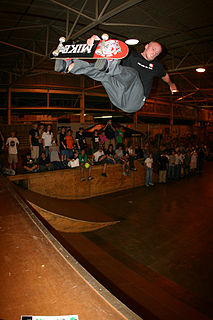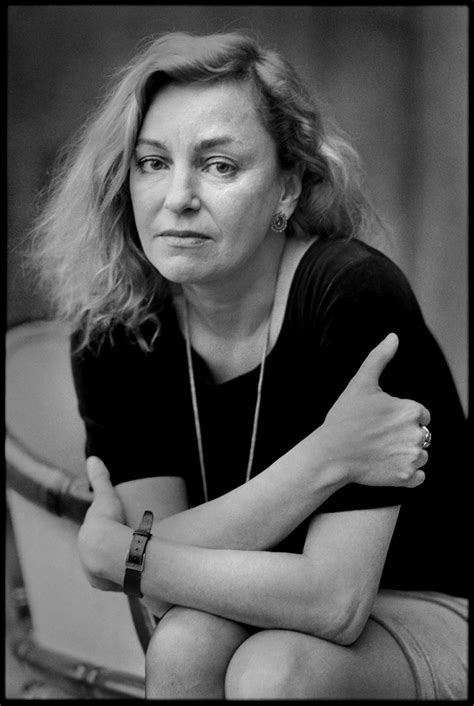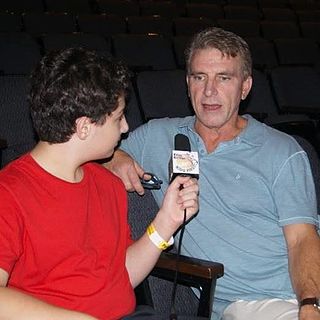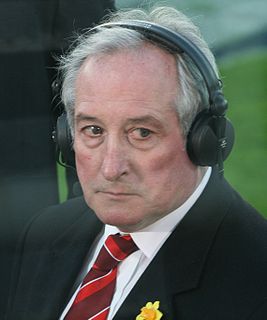A Quote by Darren Aronofsky
The whole visual language of the movie is developed way before we get to set. Especially when you're doing visual effects and you don't have a lot of money to mess around, which we didn't, you have to really preplan everything. Pretty much every shot in the film was figured out months before we got to set.
Related Quotes
In high school and college, I'd set a bunch of goals for myself. I wanted to be the lead effects supervisor on one of these really big, innovative visual effects productions, something on the scale of a 'Star Wars' movie. And I wanted to work on a project that wins the Academy Award for best visual effects.
As soon as you're finished shooting, you have to go into the edit room and choose all of the shots that you're going to commit to because the visual effects vendor has to get it because they'll spend months on it. So, you're editing out of sequence before you've gotten a film for the movie and the performances.
I've always been into visual effects. It was something I took keen interest in before films happened. Ironically, I am a part of 'Raaz 3,' a film that is shot entirely on 3D. It has encouraged me to pursue my dream. Hopefully, if time permits, I will travel to the United States and attend a crash course in visual graphics and animation.
I'm a big fan of fiction film where you have a story and you have to transform that into a visual language, basically working with actors and also transforming that into how you pronounce that in the visual language of the shots, the construction of the shots and the lighting. All of that appealed to me from the beginning of my career at the university. When I graduated from the university, I wanted to deal mainly with that, with the visual aspect of the movie.
They told me I'd have to be there for the entire shooting of the movie which was two and a half months and again, I was surprised. Most movies I'd worked on before took only a day or so, so I realized this was a pretty big deal. I got to the set and was involved in a very integral way, which was a fun experience to be a part of.
One thing that is very different technically is that you don't get a lot of coverage in television. Not like you do on a film. I know we don't have time for separate set-ups, so I will design a scene where I'm hiding multiple cameras within that set-up. That way, if I don't have time to do five set-ups, I can do four cameras in one set-up. It's a different kind of approach for that. For the most part, a lot of television, in a visual sense, lacks time for the atmosphere and putting you in a place.
If I'm ever working on a set and anyone talks about a master shot, I say there is no master shot. Before I even went to film school, I learned about movies by being in a British feature film, where everything was shot master shot, mid-shot, close-up. But I reject the idea of a master shot. You don't shoot everything mechanically; you find imaginative ways that serve the action.
I enjoy 'Life Aquatic.' I think that one, from a visual standpoint, is just such a fun, visual movie to look at, whether it's the shots of the ship cut down the middle, that set where you can see everyone in each of their rooms doing whatever and moving about - something like that, I could watch that on a loop for an hour.

